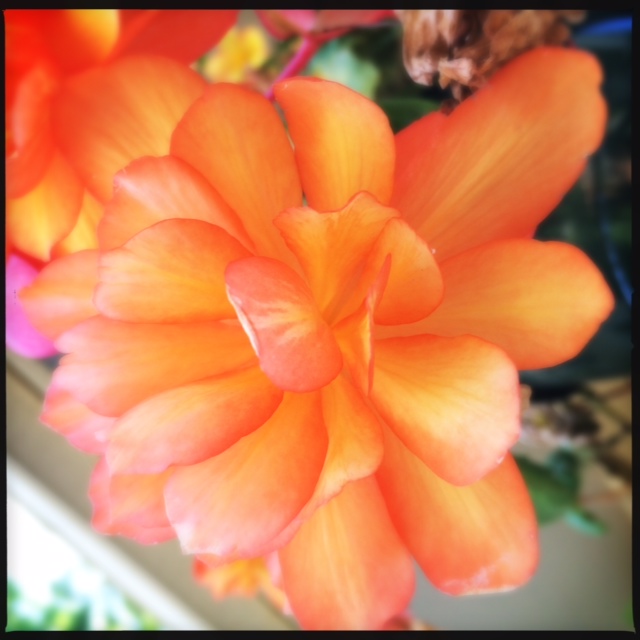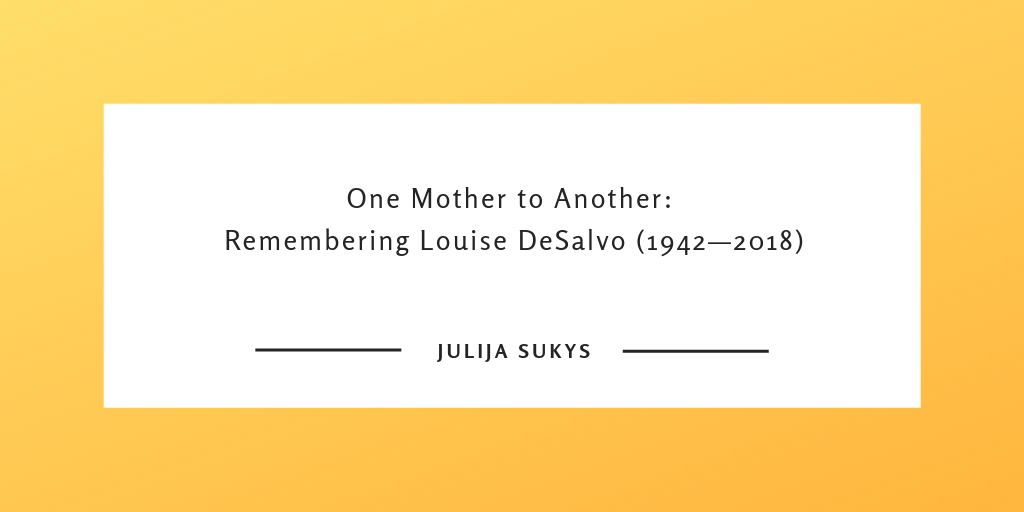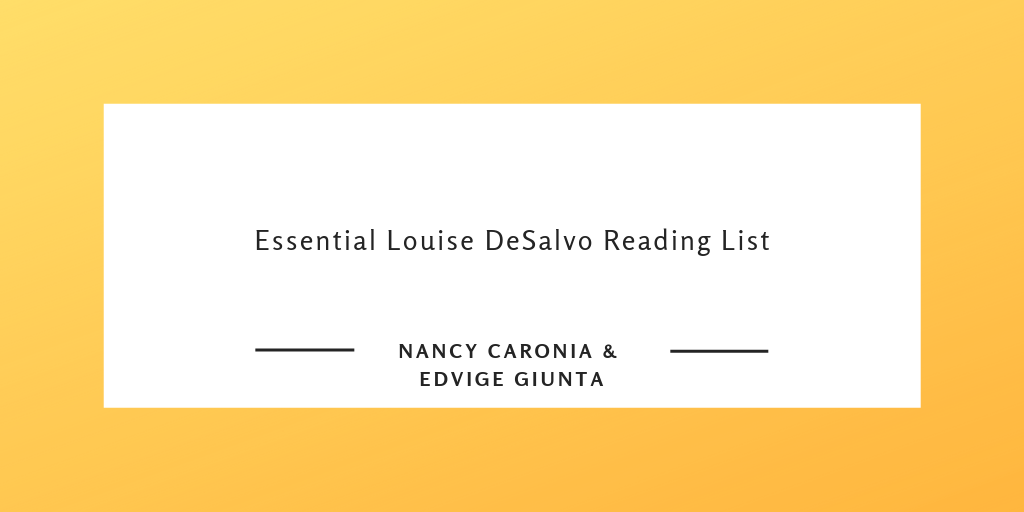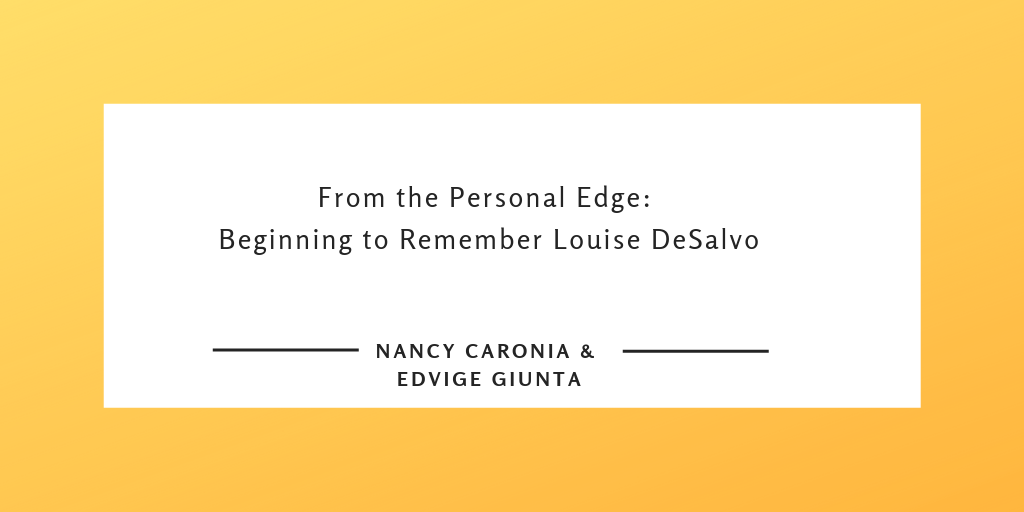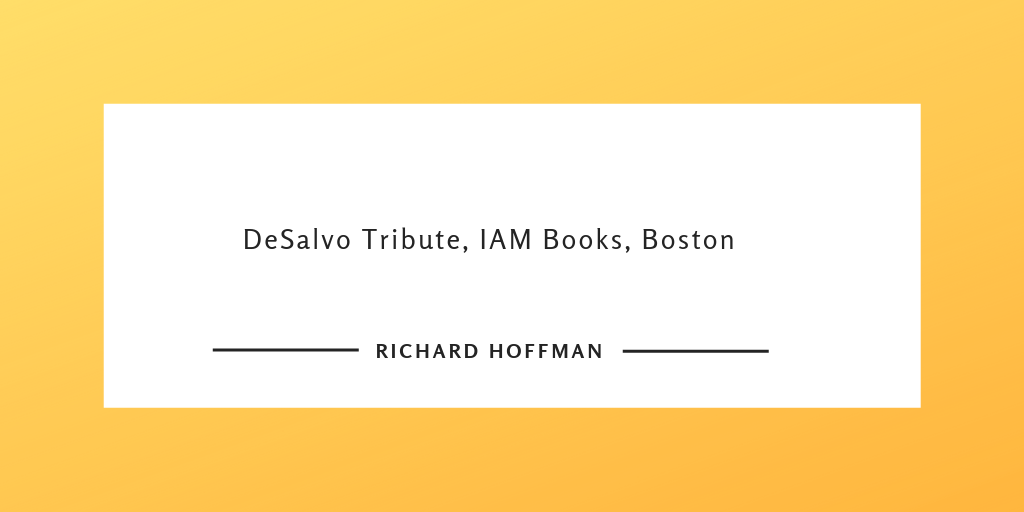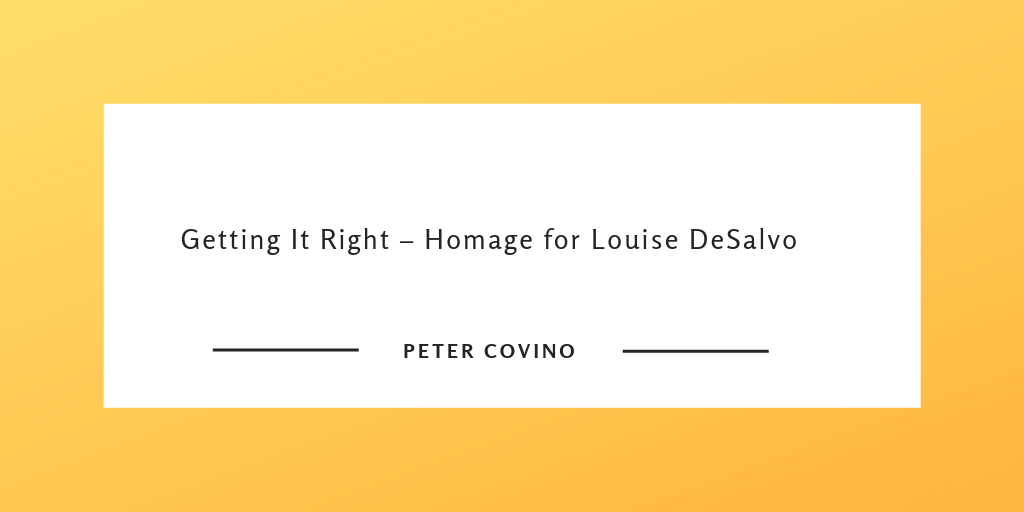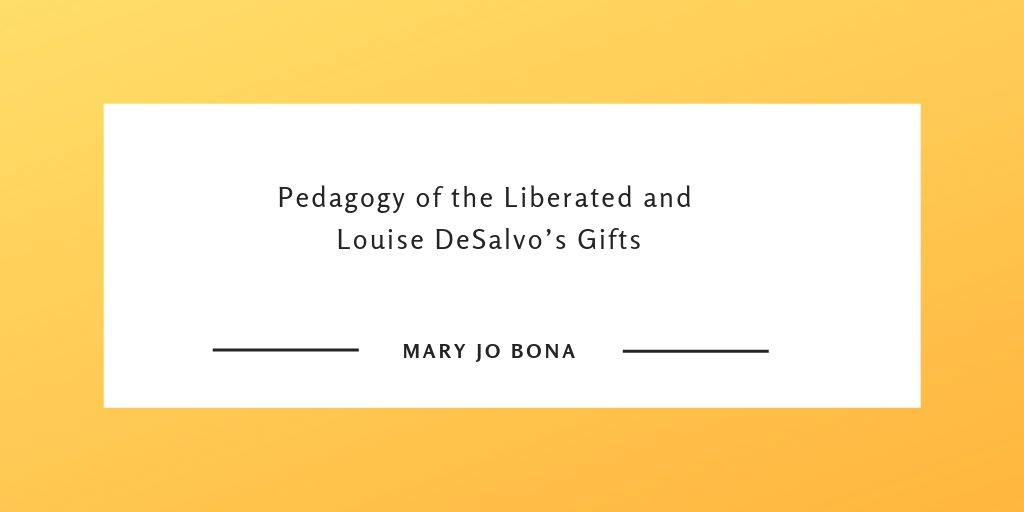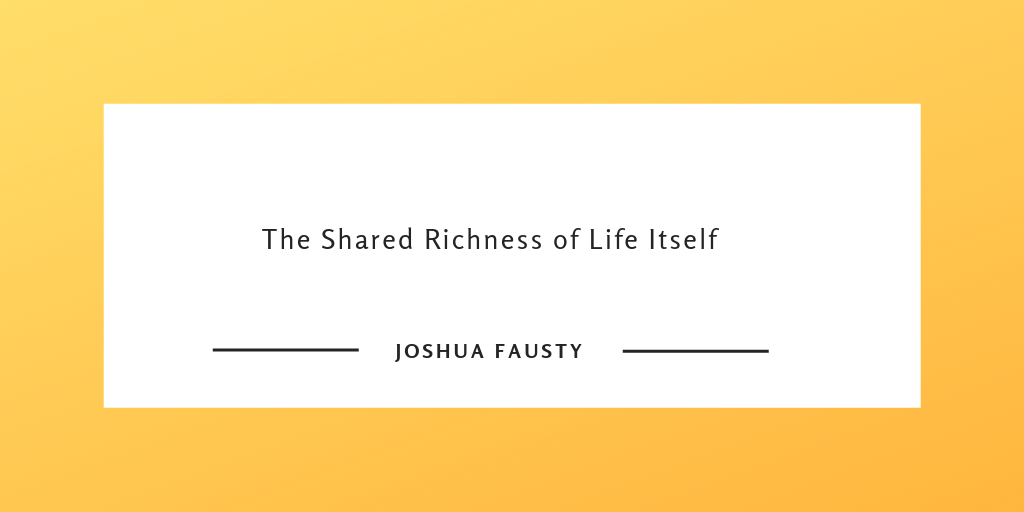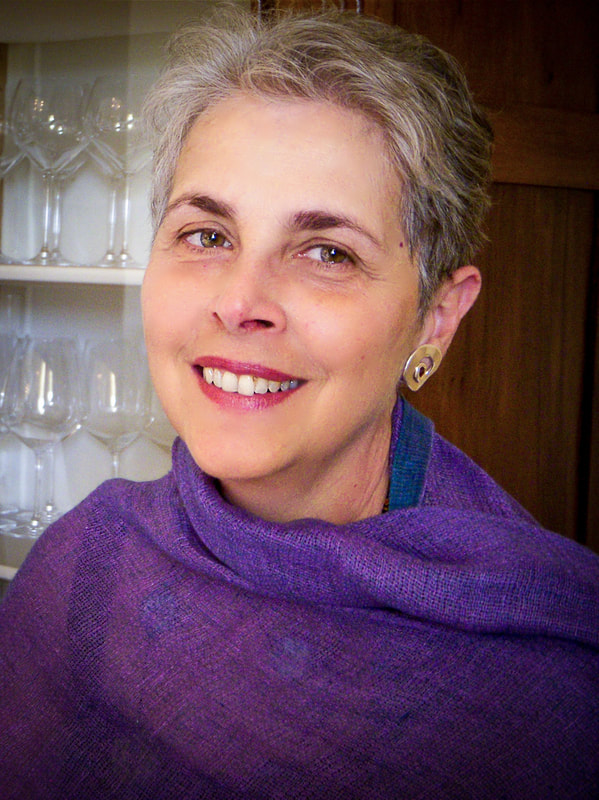Unbearable Splendor: Against "Hybrid" Genre; Against Genre
Sam Cha
5.2
|
What if we were to imagine beyond the law of genre, the consumptive insanatorium of genre, the boiled-beef-and-flummery of genre, the border patrol of genre, the ICE, the iceberg, the sad salad iceberg wedge of genre?
If writing and love always exist in tension, in a Heraclitean flux between opposite poles, then writing and love are uncanny things. They are never at rest. Every country’s new, foreign, especially the ones that they call home. When we write, when we love, we are immigrants; we are migrating, we are caravans. Immigrants and exiles are the perfect writers because we are at home in this state of not being at home; because we know this unknowing, because we have learned to unlearn, because we carry within us multiple versions of ourselves, multiple histories, whole nations, continents, oceans. We know the art of losing. (Elizabeth Bishop was an immigrant, too, in Brazil.) To be an immigrant is to learn to die many times, to be forced to, out of sheer hunger, to pick and choose the languages, the styles, the genres, to fall into, to fall with. It is to be made of contradictions; it is to revel in them. It is to make a carnival of your losses. Your presidents and pundits will natter on about winning, but what’s so great about winning? Winning’s for losers, for aging bone-spur bully boys thumping their upholstered chests. Losing’s the essential human art. And so I hate “hybrid.” I hate genre. I am not your mule. I will not swallow your condom-wrapped assumptions about what writing is; I will not smuggle them for you. Click here to continue reading. |
Infection in “The Hour of Freedom”:
Containment and Contamination in Kennicott’s “Smuggler”
Rachel Cochran
5.2
|
In “Smuggler: A Memoir of Gay Male Literature” (the subtitle from the essay’s original publication in the Virginia Quarterly Review, not included in the Best American Essays collection), Philip Kennicott explores a particular period in the development of queer literature, during which pervasive stereotypes of gay men created an enclosed space where these male characters could be used and abused by the characters of the novels that contained them and by the writers of these novels themselves (as well as, of course, by the voyeuristic reader). The essay also concerns the narrator’s own curated encounters with this kind of homophobic queer literature. Although these writings drew his interest by nature of being the only space in which homosexual male desire was visible, Kennicott eventually acknowledges the damage they caused to his notions of gay male identity during the period in which he was forming his own. Much of the essay reads like an academic literary study––indeed, the original subtitle helps to prepare the reader to experience a piece of literary scholarship––but it is through his judicious use of personal detail that Kennicott shapes the essay’s form and sharpens its focus. In particular, Kennicott’s rendering of temporal, physical, and narrative space helps collapse together the many strands the text contains. Click here to continue reading.
|
If a Body
Katharine Coles
5.2
|
If, as some of my students insist according to fashion, genre doesn’t exist, and yet, as I remind them, we have still for millennia behaved as if it does, the idea of genre must be useful, even if only by giving a piece of writing something to pretend to do, or to resist doing, while it’s actually doing something else.
In the writing I’ve done about the difference between work I call “narrative,” even when it relies on lyric devices, and pure lyric, I use “lyric” as a noun differently than I do “lyric” as an adjective, where for me it indicates a reliance on dense musicality and imagery. As a noun, “lyric,” like “narrative,” participates in a system of operation. The difference between the two does not inhere in the difference between prose, which keeps time in the sentence, and verse, which marks time by line. If we assume the sentence to be inherently narrative in structure, and the line inherently lyric, we err, at least in part. Though the line may more easily lend itself to recursiveness, and the sentence to forward movement, either may turn to either purpose. Click here to continue reading. |
Still Playing the Girl
A.M. Larks
5.2
|
In April 2018, award-wining literary critic Michelle Dean published “Sharp: The Women Who Made an Art of Having an Opinion.” In Sharp, Dean profiles ten female literary critics who were panned in the history books but also raised feathers with the feminist movement. (Russ is not included because she was an avowed feminist.) “The forward march of American literature is usually chronicled by way of its male novelists: the Hemingways and Fitzgeralds, the Roths and Bellows and Salingers. There is little sense, in that version of the story, that women writers of those eras were doing much worth remembering. Even in more academic accounts, in ‘intellectual histories,’ it is generally assumed that men dominated the scene.”
Collectively, Sharp showcases women like Susan Sontag, Joan Didion, Pauline Kael, Norah Ephron, and Janet Malcolm and their shared experiences in the struggle to gain acceptance as critics due to their gender. Each critic had their own gender-based battle. Dean notes that with Sontag, “more often than not, the critic’s entire opinion would be predicated on his or her personal image of Sontag. And as a result, from then on, Sontag’s personality would become as much an issue as what she wrote.” One would assume that this treatment was one-sided, but Sontag was also the recipient of female derision for her striking features. “If there were any justice in this world, Susan Sontag would be ugly, or at least plain,” a female Washington Post reviewer remarked. “No girl that good-looking has any right to have all those brains.” Click here to continue reading. |
Tribute to Louise DeSalvo (1942-2018)
“Life, I have always believed,” Louise DeSalvo wrote in Vertigo, “is too short to have even one bad meal.” She also wrote: “The most productive writers and creative people I know realize that dreaming and daydreaming are important parts of how writers work” (The Art of Slow Writing: Reflections on Time, Craft, and Creativity). Louise DeSalvo was an essayist, memoirist, teacher, mentor, novelist, gastronome, and Virginia Woolf scholar. Fierce in her dedication to her craft and to her writing community, DeSalvo inspired, egged on, and gave courage to countless beginning writers. She was fierce in her belief that personal stories had dignity, that “ethnic” writers needed to claim their place in the American canon, and that writing could not only be art but also a way of healing. Louise DeSalvo died on October 31, 2018, at the age of 76. The cause of death was metastatic breast cancer. She has left a legacy of books, essays, and students of writing, some of whom she never met but whom she emboldened to put words to the page. We are honored to remember her here.

